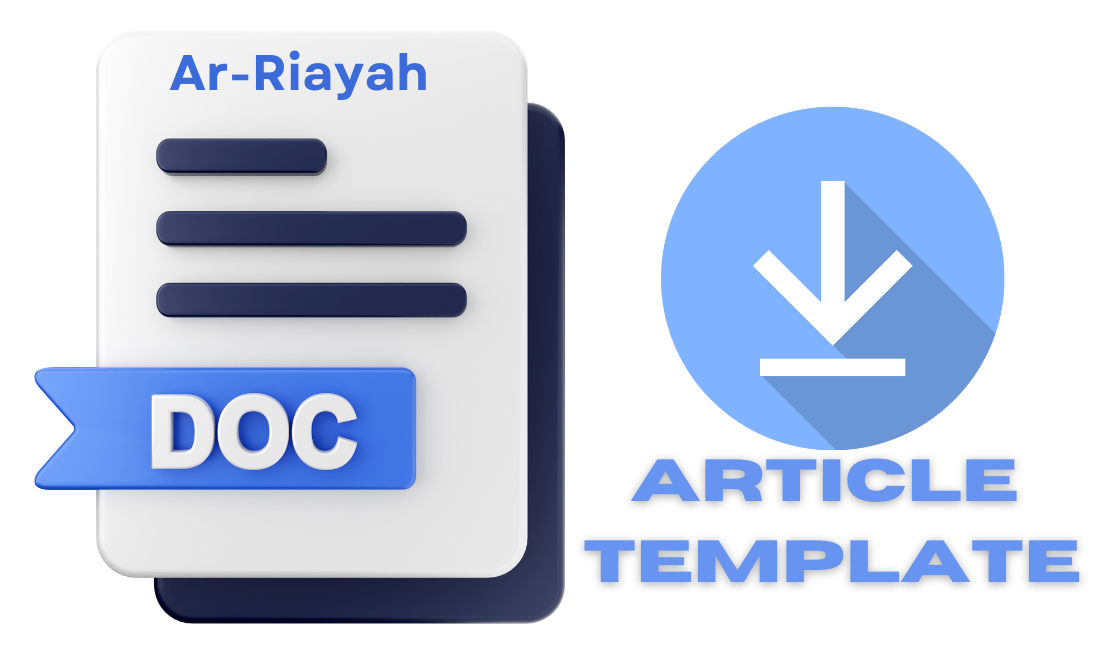Implementasi Pembelajaran Berbasis Kurikulum Merdeka pada Peserta Didik Kelas 4 Sekolah Dasar Negeri No 16 Pontianak Utara
DOI:
https://doi.org/10.29240/jpd.v6i2.5519Keywords:
literacy numeracy, independent curriculum, Driving schoolAbstract
Driving school was born from an education system that was worried about the occurrence of loss learning during the Covid 19 pandemic. The purpose of this study was to examine qualitatively descriptively about the implementation of literacy and numeracy learning in the students of SD Negeri 16 Siantan, North Pontianak, as one of the selected driving schools in the province of West Kalimantan. This research method is qualitative, by collecting primary data generated from field observations (schools), interviews with several related parties such as school principals, classroom teachers, students, and campus ambassadors teaching 3 (KM 3) and supported by data secondary data obtained from references or literature relevant to the research topic. Based on the research activities carried out, it can be concluded that the implementation of driving curriculum-based learning related to literacy and numeracy skills has been carried out well even though it requires adjustments to room conditions and the limited supporting facilities available. The number of students in the study group and the learning support model tools determine the effectiveness of learning with an independent curriculum.
Downloads
References
A., Javanisa, Fauziah FF, and Melani R. 2022. “Implementasi Kurikulum Sekolah Penggerak Terhadap Motivasi Peserta Didik.†Jurnal Kalam Pendidikan PGSD Kebumen 1: 34–47.
Alsubaie, M. A. 2016. “Teacher Involvement in Curriculum Development.†Journal of Education and Practice 7 (9): 106–107.
Angga, C. Suryana, I. Nurwahidah, A. H. Hernawan, and Prihantini. 2022. “Komparasi Implementasi Kurikulum 2013 Dan Kurikulum Merdeka Di Sekolah Dasar.†J. Basicedu 6: 5877–5889.
Anggito. 2018. Metodologi Penelitian Kualitatif. Cv. Jejak.
Harahap. E. 2016. “Visi Kepala Sekolah Sebagai Penggerak Mutu Pendidikan. Jurnal Manajemen, Kepemimpinan Dan Supervisi Pendidikan†1 (2).
Mulyasa, H. 2021. Menjadi Guru Penggerak Merdeka Belajar. Bumi Aksara.
Nadim, A. M. 2020. Pemaparan Program Guru Dalam Peluncuran Merdeka Belajar Episode 5 Tentang “Guru Penggerak". Kementerian Pendidikan Dan Kebudayaan.
Rahayu, S, D Rossari, V, S. Wangsanata, A, N Saputri, E, and N. Saputr, D. 2021. “Hambatan Guru Sekolah Dalam Melaksanakan Kurikulum Sekolah Penggerak Dari Sisi Manajemen Waktu Dan Ruang Di Era Pandemi Covid-19.†Jurnal Pendidikan Tambusai 5 (3): 5759–68.
Satriawan, W., D. I. Santika, and A Naim. 2021. “Guru Penggerak Dan Transformasi Sekolah Dalam Kerangka Inkuiri Apresiatif.†Jurnal Kependidikan Islam 11 (1).
Savitri, D. I. 2020. “Peran Guru SD Di Kawasan Perbatasan Pada Era Pembelajaran 5.0 Dan Merdeka Belajar.†Prosiding Seminar Nasional Pendidikan Dasar 2: 274–79. http://eproceedings.umpwr.ac.id/index. php/semnaspgsd/article/view/1392.
Setyawan, F. A., and L. R Masduki. 2021. “Desain Math E-Learning Berbasis Moodle Pada Sekolah Penggerak.†In , 346–53. Prosiding Seminar Nasional Matematika Dan Pendidikan Matematika.
Sherly, E. Dharma, and H. B. Sihombing. 2020. “Merdeka Belajar: Kajian Literatur. UrbanGreen Conference Proceeding Library†1: 183–90.
Sugiyono. 2020. Metode Penelitian Kuantitatif,Kualitatif Dan R&D. Alfabeta.
Yuneti, A., Hamdan, and A. G Prananosa. 2019. “Kepemimpinan Partisipatif Dan Komunikasi Kepala Sekolah Terhadap Kinerja Guru.†Journal Of Administration And Educational Management (Alignment) 2 (2): 113–125. https://doi.org/10.31539/Alignment.V2i2.101.
Yusuf, M., and W Arfiansyah. 2021. “Konsep ‘Merdeka Belajar’ Dalam Pandangan Filsafat Konstruktivisme. AL-MURABBI.†Jurnal Studi Kependidikan Dan Keislaman 7 (2): 120–33. https://doi.org/10.53627/ jam.v7i2.3991.
Zamjani. I, Dkk. 2021. “Naskah Akademik Program Sekolah Penggerak.†2021.
Downloads
Published
How to Cite
Issue
Section
Citation Check
License
Authors who publish with Ar-Riayah: Jurnal Pendidikan Dasar agree to the following terms:
Authors retain copyright and grant the journal right of first publication with the work simultaneously licensed under a Creative Commons Attribution-NonCommercial-ShareAlike 4.0 International License (CC BY-NC-SA 4.0) that allows others to share the work with an acknowledgment of the work's authorship and initial publication in this journal.
Authors are able to enter into separate, additional contractual arrangements for the non-exclusive distribution of the journal's published version of the work (e.g., post it to an institutional repository or publish it in a book), with an acknowledgment of its initial publication in this journal.
- Authors are permitted and encouraged to post their work online (e.g., in institutional repositories or on their website) prior to and during the submission process, as it can lead to productive exchanges, as well as earlier and greater citation of published work (See The Effect of Open Access).










